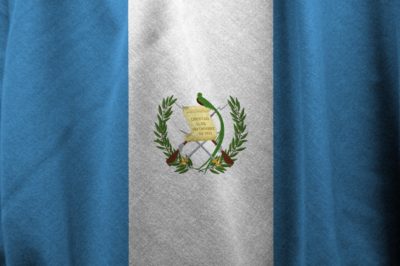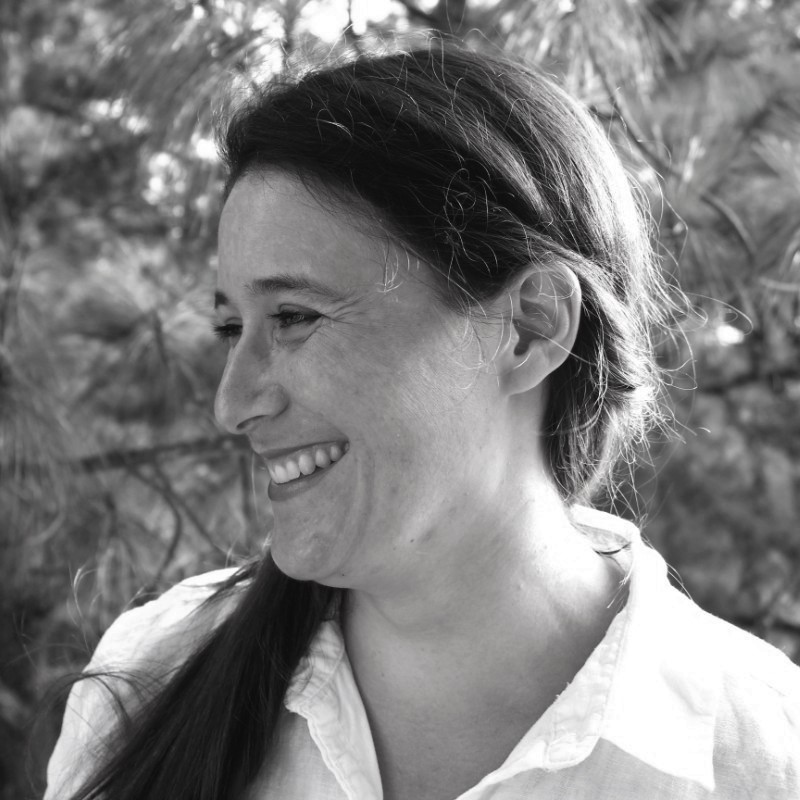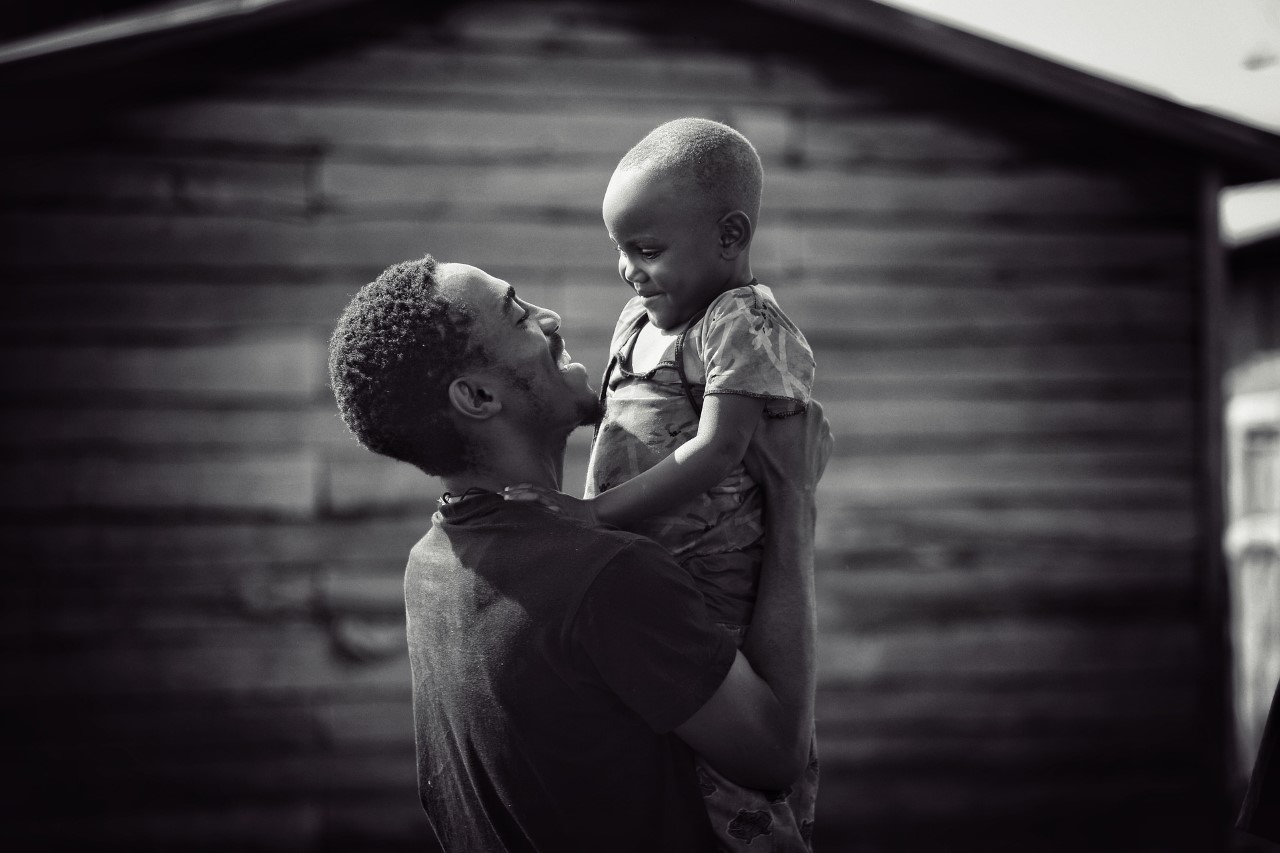
OLBIOS: Before Pionero Philanthropy was created, there was no nonprofit evaluator in Guatemala and no guidance for people who wanted to set up philanthropy programs. But how does one even go about assessing the credentials and the impact of nonprofits not only in Guatemala, but also generally?
Harriette Rothwell: Well we found there are 5 broad pillars of analysis that are important when assessing nonprofits no matter where they are based; Sustainability, Transparency, Efficiency, Impact and Need/Relevance. Of course, it is up to the individual donor what weight they give to these 5 pillars, however we believe it is essential to analyze these areas in order to make informed decisions.
These pillars are based not only on our experience, but also on Academic Literature and best practices in the nonprofit sector. As Pionero Philanthropy focuses on Guatemalan nonprofits, we have adapted some of our methodology questions and requirements to the nonprofit context in the country.
O: It seems that the root causes of forced migration in Guatemala are not sufficiently addressed: many Guatemalans continue to leave their supposedly “safe” communities to travel north in search of a better life. Redirecting aid and philanthropic investment towards Guatemalan development will certainly empower Guatemalans and allow them to remain in their own communities. Could you tell us about such investment initiatives from your own partners?
H.R.: You are absolutely correct! We find that the most successful initiatives that encourage Guatemalans to remain in their communities are projects that provide opportunities and support that enable people to thrive. These initiatives are those that support those likely to migrate from poorer regions with services in typically education and training opportunities.
One partner nonprofit for example called Ak’tenamit provides youth with education, training, and internship opportunities with astonishingly high employment rates.
O: Guatemala endured a terrible 36-year civil war which many regard as a genocide. Even though it ended 25 years ago, it has severely weakened Guatemala’s already fragile institutions. Child malnutrition, poverty, femicide and gang-related violence, vulnerability to the impacts of climate change – the list goes on. How do you see Guatemala’s prospects in the near future and the role of nonprofits and citizen engagement in this?
H.R.: Great question! Nonprofits do essential work to support Indigenous communities who were most affected by the civil war and the fallout regarding wider social, political, and economic issues.
Despite the war ending over 20 years ago, political institutions are still weak, corrupt, and under representative of the wider population. Nonprofits operating in rural areas assist in a wide range of issues from Human Rights to Education and Health projects to help redress the balance of power.
Nonprofits cannot however resolve these issues alone. They need support from the International community and National/local government. The CICIG (Commission Against Impunity and Corruption in Guatemala) was an UN-backed commission that had a lot of success investigating and sentencing key political figures however the commission was dissolved in 2019 by the Guatemala president. This wasn’t supported by the international community and was seen internationally as a step backwards for Guatemala.
Grassroots nonprofits are for sure not the silver bullet for development yet they play a very key role given their close connection and understanding of local issues.
O: Ms Rothwell, you have already been personally involved in at least 8 different nonprofits, in several countries. This is more than most people can fit in a lifetime. What motivates you, and why Guatemala?
H.R.: What motivates me is an inner drive to help others, an inherent quality I have had since a young age.
Why Guatemala? There are so many reasons! I have always felt more at home in Latin countries, the people are so friendly and Guatemala’s culture is so rich and diverse. The weather in Guatemala is close to perfect almost all year round. It is called the country of “Eternal Spring” because the weather is always mild and comfortable which in comparison to my home country of the UK, really matters!
I found my calling in Guatemala in setting up Pionero Philanthropy which I felt could be something that could be a game-changer for development in Guatemala. Pionero Philanthropy is a nonprofit assessment organization that provides verified information about Guatemalan nonprofits for stakeholders. In addition to my work, I also have a Guatemalan partner and rescue dog so I now have my life and home in Guatemala – I am here to stay!







